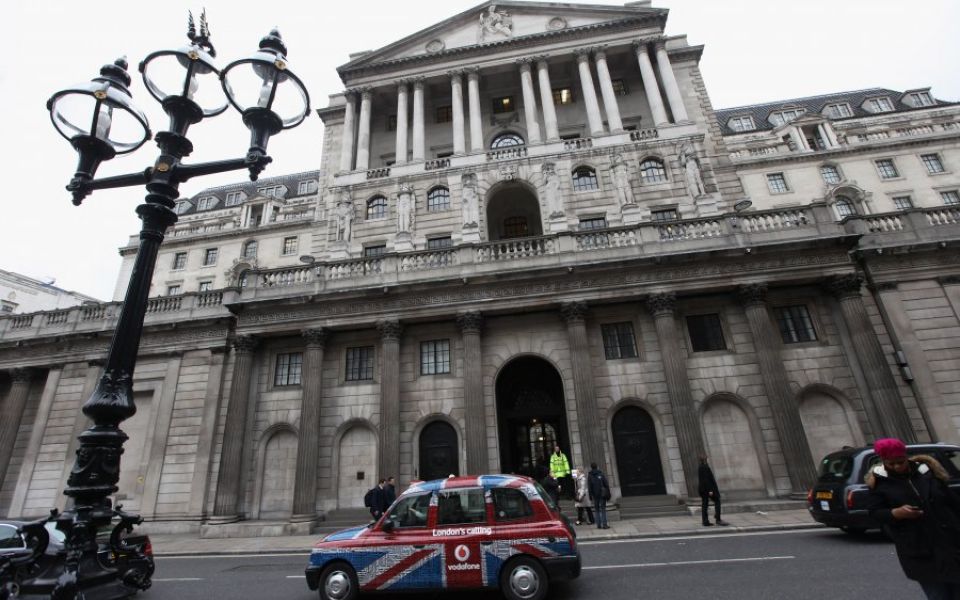Bank of England steps up Brexit derivatives warnings in plea for EU to take action

The Bank of England has doubled down on its call to the EU to put measures in place to allow European banks to access UK-based clearing houses after Brexit, avoiding financial market chaos which could damage firms across the continent.
City lobby groups echoed the Bank's plea, urging the EU to stop using clearing as a bargaining chip in a "game of high-stakes political poker" which could damage global financial stability.
Central clearing counterparties (CCPs) are firms that balance risk between the sellers and buyers in a deal, and make sure that transactions are completed if a party defaults.
Read more: Scholz: 'Large parts' of euro clearing will leave London after Brexit
If the EU does not take action, European clearing members will be breaking the law if they access UK CCPs post-Brexit, forcing euro-denominated clearing contracts to be closed or transferred from London to the eurozone.
EU-based firms have derivative contracts worth a notional £69 trillion with UK CCPs, £41 trillion of which matures after Brexit, the Bank's financial policy committee said. Moving the contracts out of the UK could cost European businesses €22bn (£19.3bn) a year.
The UK government and the Bank have taking action to ensure UK businesses can continue to use EU clearing house services, with plans for a Temporary Recognition Regime to be approved before the Brexit deadline in March next year.
Euro-clearing operations have emerged as a Brexit negotiation battleground as some EU policymakers have advocated limiting euro-denominated contracts , into the single currency area. The London Stock Exchange Group's clearing business, LCH Group, currently clears 90 per cent of euro-denominated contracts.
However, industry figures have urged the EU to prevent the disruption of financial services in the event of a no-deal Brexit.
City of London Corporation policy chair Catherine McGuinness said: “The Bank of England has rightly highlighted that it 'is now pressing' for their European Union counterparts to take action to prevent cross-border financial services being disrupted if there is a no-deal Brexit.
“Financial stability should not be jeopardised in a game of high-stakes political poker. Both sides should urgently work together to address cliff edge issues such as legal uncertainty in the derivatives market that could prevent the industry from servicing their clients.
"These risk destabilising markets as well as hitting households and businesses on both sides of the Channel. Firms cannot tackle these issues alone in the time remaining.”
Miles Celic, chief executive officer of The City UK added: "The industry is taking every action to prepare for a no deal Brexit.
"The Bank of England is right that issues like contract continuity in insurance and clearing require additional support from regulators and legislators across the EU.
"This is critical to ensuring wider European financial stability and for providing certainty to customers and clients across Europe.”
However, the financial policy committee reiterated its position that the UK banking system is strong enough to withstand a no-deal Brexit even if the necessary measures are not taken.
In the event of a worst-case scenario around the economic impact of Brexit, including the unemployment rate rising to 9.5 per cent and residential property prices falling by 33 per cent, banks would still be able to serve UK businesses and households, the committee said.
The Tier 1 capital ratio of the major UK banks is around three times higher than 10 years ago, and losses that would have wiped out the capital base in 2007 can now be absorbed.
Read more: LSE Group appoints Marshall Bailey as LCH Group chairman